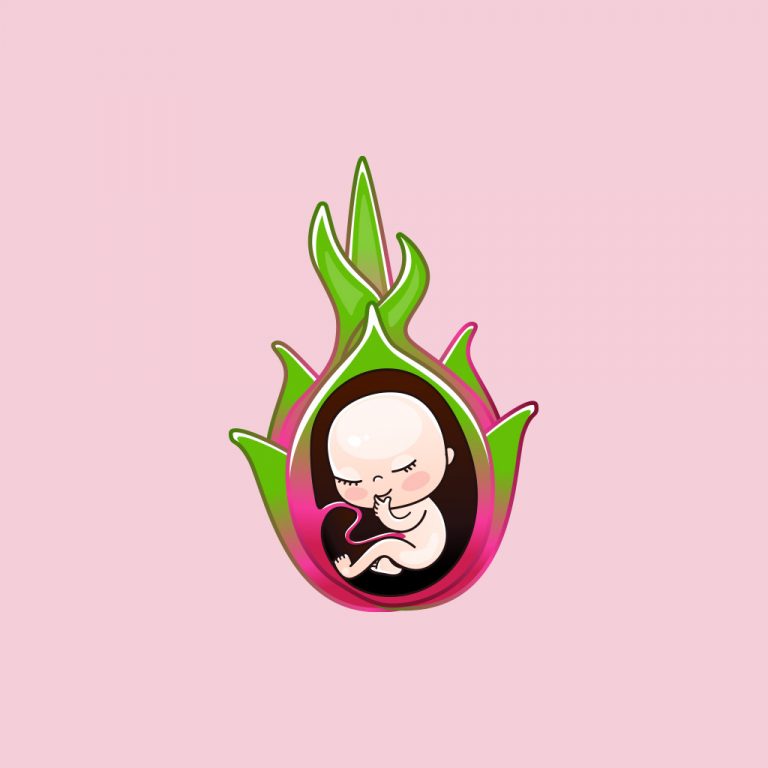Comprehensive Guide on the Name “Angel”

Angel
Meaning: Messenger / Gender: Neutral / Pronunciation: AYN-juhl
Origin and Historical Background
The name “Angel” derives from the Greek word “angelos,” meaning “messenger” or “envoy.” Historically, in various cultures and religions, angels have been seen as celestial beings tasked with conveying messages from the divine to humanity. The use of “Angel” as a personal name has been prevalent in many cultures, not only emphasizing the spiritual and religious connotations but also symbolizing purity, guidance, and protection. The name has Latin roots through the word “angelus,” perpetuating its usage in various Roman and early Christian contexts. Over time, “Angel” has gained popularity as a unisex name in many countries, particularly in Spanish-speaking cultures.
Meaning and Cultural Significance
The meaning of “Angel” as a “messenger” underscores its strong spiritual connotation. Across many religions, including Christianity, Judaism, and Islam, angels are deemed as intermediaries between the divine and the mortal realms. Parents choosing this name may do so for its spiritual depth, its association with purity and virtue, or its symbol of guidance and protection. In a broader cultural sense, the name “Angel” often evokes feelings of hope, faith, and transcendence.
Famous Historical Figures with the Name Angel
1. Angela Lansbury
- Historical Era: 20th-21st Century
- Key Contributions: Renowned British-American actress and singer, Angela Lansbury, has had a prolific career in film, television, and theatre spanning over seven decades.
- Cultural Impact: Lansbury’s portrayal of characters in iconic works like “Murder, She Wrote” and her roles in numerous Broadway productions have left an indelible mark on the performing arts.
2. Angel Corella
- Historical Era: Contemporary
- Key Contributions: Celebrated Spanish ballet dancer who became a principal dancer with the American Ballet Theatre and later became the artistic director of the Pennsylvania Ballet.
- Cultural Impact: Corella has brought significant attention and appreciation to ballet, inspiring many through his performances and leadership within the dance community.
Usage Over Time
The name “Angel” has seen varying degrees of popularity over time, particularly in the United States. Based on records from the Social Security Administration, the name has enjoyed considerable use, especially in the late 20th and early 21st centuries. The name “Angel” was notably popular in the 1990s and 2000s, frequently appearing in the top 100 names given to boys and girls during these decades. This consistent popularity reflects the name’s broad appeal and cultural resonance.
Pronunciation Guide
The name “Angel” is phonetically spelled as AYN-juhl, with a soft pronunciation of the “g” and emphasis on the first syllable. This pronunciation remains consistent across various English-speaking regions, ensuring the name is easily recognized and spoken.
Biblical Context
In the Bible, angels play a prominent role as messengers of God, delivering divine messages and performing God’s work. The concept of angels appears frequently in both the Old and New Testaments. For instance, the Archangel Gabriel is noted for announcing the birth of Jesus to the Virgin Mary (Luke 1:26-38). The name “Angel,” therefore, carries a profound scriptural significance associated with divine communication and heavenly beings.
Additional Unique Information
Numerology
In numerology, the name “Angel” corresponds to the number 7, which is often associated with introspection, spirituality, and wisdom.
Variations
- Male Variants: Angelo (Italian), Anxo (Galician)
- Female Variants: Angela, Angelica, Angelina
Cultural Variants
- Spanish: Ángel
- French: Ange
Popularity
According to data from the Social Security Administration, “Angel” frequently ranked within the top 50 names for boys in the United States from the 1990s to the present. It has also been a popular choice for girls, albeit less so than for boys, reflecting its unisex appeal.
Conclusion
Choosing the name “Angel” for your child encapsulates a desire to bestow a sense of spirituality, protection, and purity. Its historical roots, cultural significance, and enduring popularity make it a compelling choice for expectant parents.









